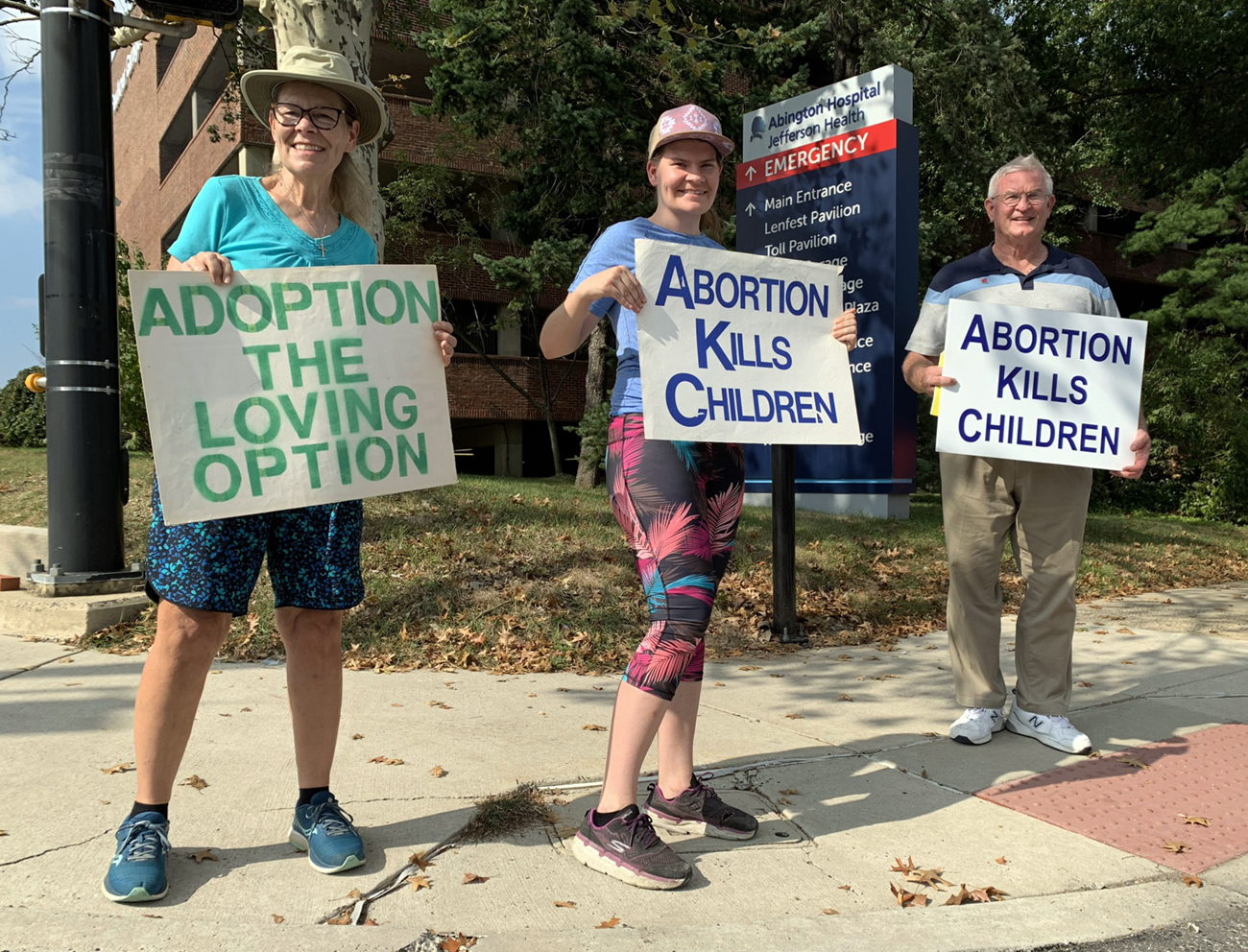I generally hate year-in-review columns. They seem forced, like a list of things you must buy at the grocery store. Check this off, and then this, and we did this, and I need that, and we are out of this, and can we have extra of that, etc. Years blend into each other and it’s often hard to pick exceptional events, particularly since the same things seem to happen over and over again: Wars start and continue, and we think they end, and then they’re prolonged.
People die (surprise!) and we reflect on their lives, even when we might have forgotten they were still alive. Couples divorce and then find other partners they will eventually cast off in search of the perfect fit. Fads spring out of nowhere and insecure people with no particular talent film themselves on once-obscure social media apps in the hopes of boosting their self-esteem (after artificially boosting their lips and bosoms). Year after year, the same things tend to happen, and we try and frame them in a context where they seem historic.
But this year, something historic did happen, something that many people despaired of ever seeing, even though hope is the last thing to die. Since this is my column, this is my perspective. You won’t hear me talking about the tragic war in Ukraine, the January 6th Committee results, the disappointing red trickle at the mid-terms, the death of Sidney Poitier, or any of the other things that were indeed important (and about which I’ve written) but which did not stand out as the central, sea change event of 2022.
What defines for me the alpha and the omega of this year, the San Andreas Fault that splits two diametrically opposed tectonic plates, the BC and AD of our current historical timeline, is the Dobbs decision overturning Roe v. Wade.
That case, like Brown v. Board of Education, brought down a monolith of injustice: Legalized abortion by judicial fiat. The fiat was created by seven old men who ignored the voices of the American people and reached into some insubstantial and fictitious folds of constitutional jurisprudence to pluck out the right to kill a child.
Most would not be quite so blatant about it. They would replace “child” with “pregnancy” and “kill” with “terminate.” Those are the accepted terms in polite conversation, even though there is never anything polite about discussions around abortion. But the truth is clear and has been for almost 50 years.
January 22, 1973 would have marked one of the bloodiest half centuries known to modern society. That would have been the anniversary of the date Roe v. Wade, the decision to legalize abortion, was handed down and announced by that all-male court. I keep emphasizing the gender of the justices since we have been force-fed a diet of “if you can’t get pregnant, you have no right to have an opinion” by pro-choice advocates. I am going to be generous herein using the term that they prefer, pro “choice,” even though I would invite the reader to reflect on what “choice” we are discussing. There are only two: Life and death. Pro-choice advocates find both to be equally acceptable. Roe v. Wade supported that position and perpetuated a myth that there was virtue and legitimacy to the idea that women have dominion over their own bodies and the body growing within them.
But in 2022, after 50 years of lost potential and lives sacrificed to convenience and a skewed sense of autonomy, a court composed of men and women ruled that abortion was no longer a “right” and that, indeed, it never had been. And even though the reaction was brutal and there are continued attempts to codify abortion rights into law, and even though there are states where women will continue to be able to “choose” termination, there is now in this great country where immigrants find shelter and the oppressed find solace, an understanding that you cannot simply make up a right to do whatever you want, simply because you want to do it.
That principle transcends the issue of abortion. In 2022, women and men were told that no matter how much they want to engage in magical thinking and read the Constitution as a blueprint for living the lives they want, in the way they want, on the timeline they want, there are principles that are larger than their own narcissistic desires. One of them is the respect owed to other lives.
That is a lesson we should have figured out after the Civil War. It’s still a lesson we need to learn, and 2022 is bringing us closer to the point where we’re finally getting the message.
Please follow DVJournal on social media: Twitter@DVJournal or Facebook.com/DelawareValleyJournal

